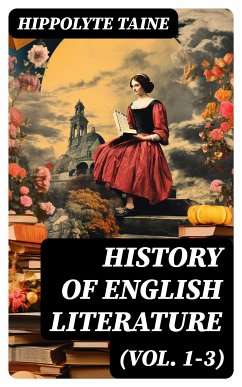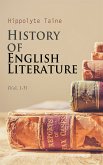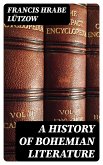Hippolyte Taine's "History of English Literature" is a seminal three-volume work that meticulously charts the evolution of English literature from its earliest origins to the contemporary period, interweaving a profound analysis of societal influences, historical contexts, and philosophical movements that have shaped literary production. Taine's literary style is distinctive for its rigorous empirical approach, combining detailed textual analysis with broader cultural commentary, reflecting the influence of positivism in his critique. He dissects the interplay between literature and its milieu, compellingly arguing that literature is a reflection of the collective psyche of a nation or epoch, thus situating English literature within a broader European intellectual tradition. As a prominent critic and historian of literature, Taine's own formative experiences in mid-19th century France shaped his understanding of the social and political currents that influence artistic expression. His academic pursuits, coupled with his belief in the scientific study of society, allowed him to apply a methodical framework to literary criticism-forever altering how literature is analyzed. This background provided him with insight into the English literary landscape and its evolution, allowing Taine to produce a work that is both historical narrative and critical analysis. "History of English Literature" is essential reading for scholars, students, and enthusiasts alike. Taine's analytical lens not only enriches our understanding of English literature but also prompts us to consider the broader implications of literary practices within their cultural contexts. This comprehensive work serves as a cornerstone for anyone seeking to deepen their appreciation of literary history and the factors that shape it.
Dieser Download kann aus rechtlichen Gründen nur mit Rechnungsadresse in A, B, BG, CY, CZ, D, DK, EW, E, FIN, F, GR, H, IRL, I, LT, L, LR, M, NL, PL, P, R, S, SLO, SK ausgeliefert werden.









